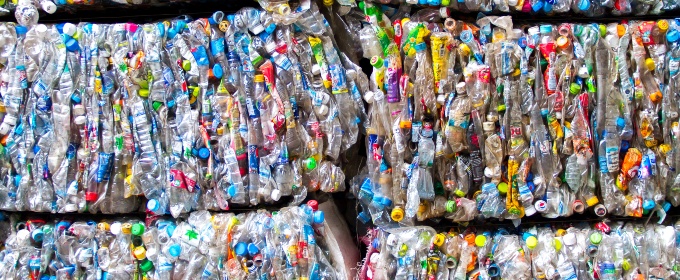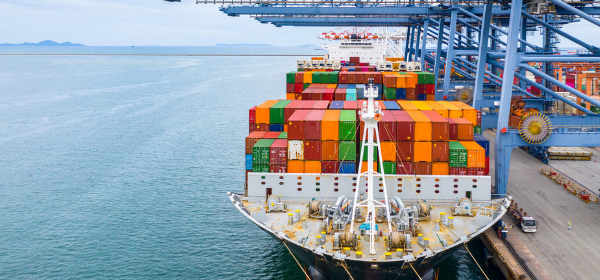Hydrogen has the potential to be an important industrial feedstock and fuel. There are, however, various ways to produce and use it, leading to diverse supply chains with different environmental implications. Two considerations for the role of hydrogen in a low carbon economy stand out – ensuring that hydrogen production and supply has sufficiently low […]









